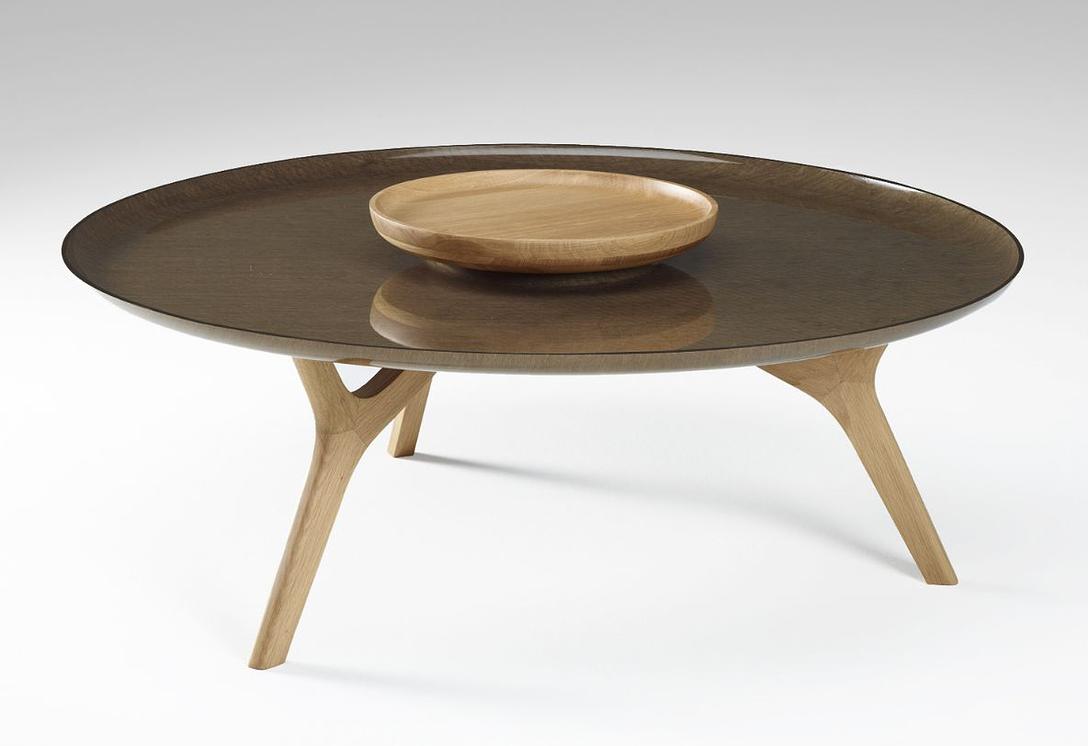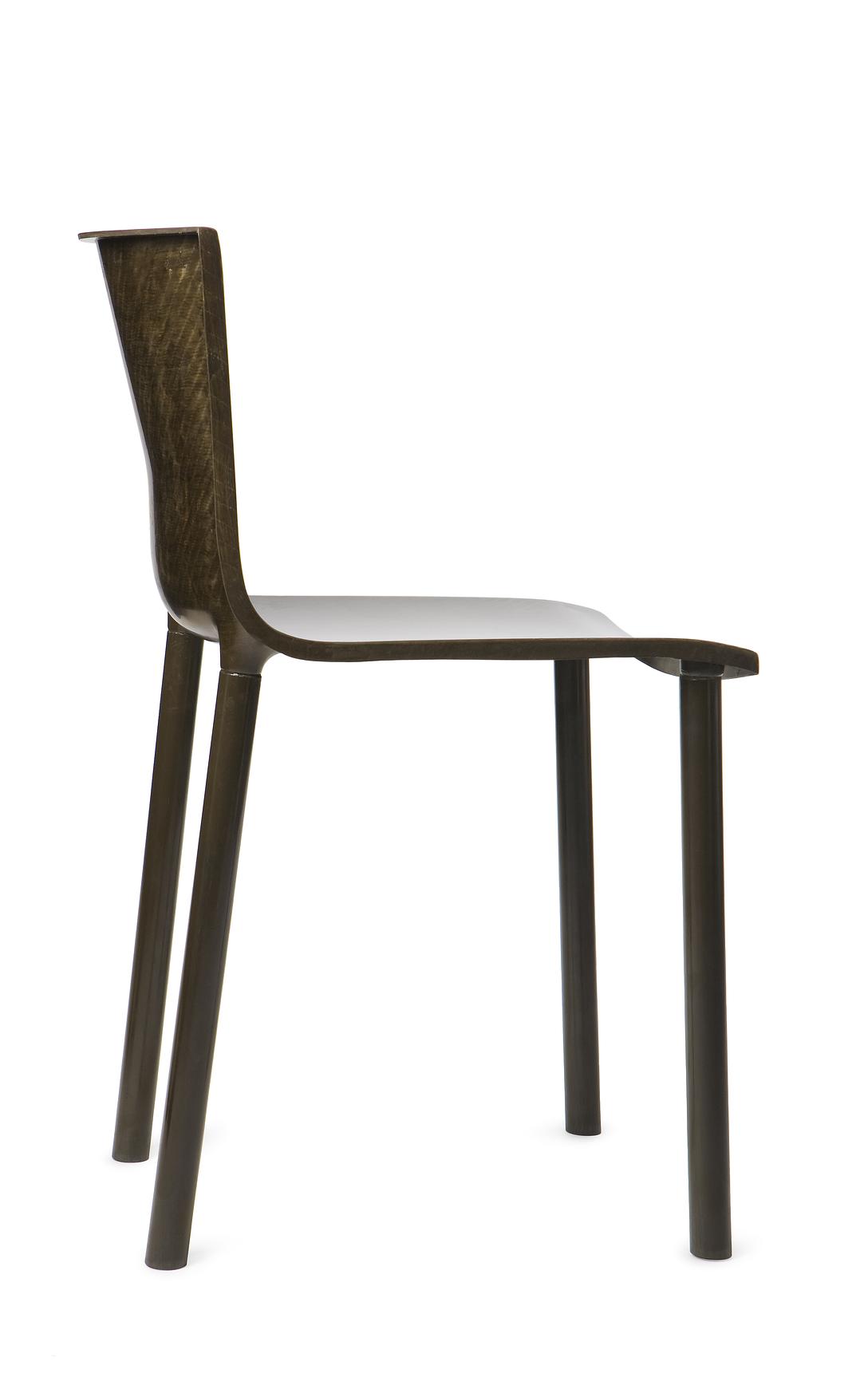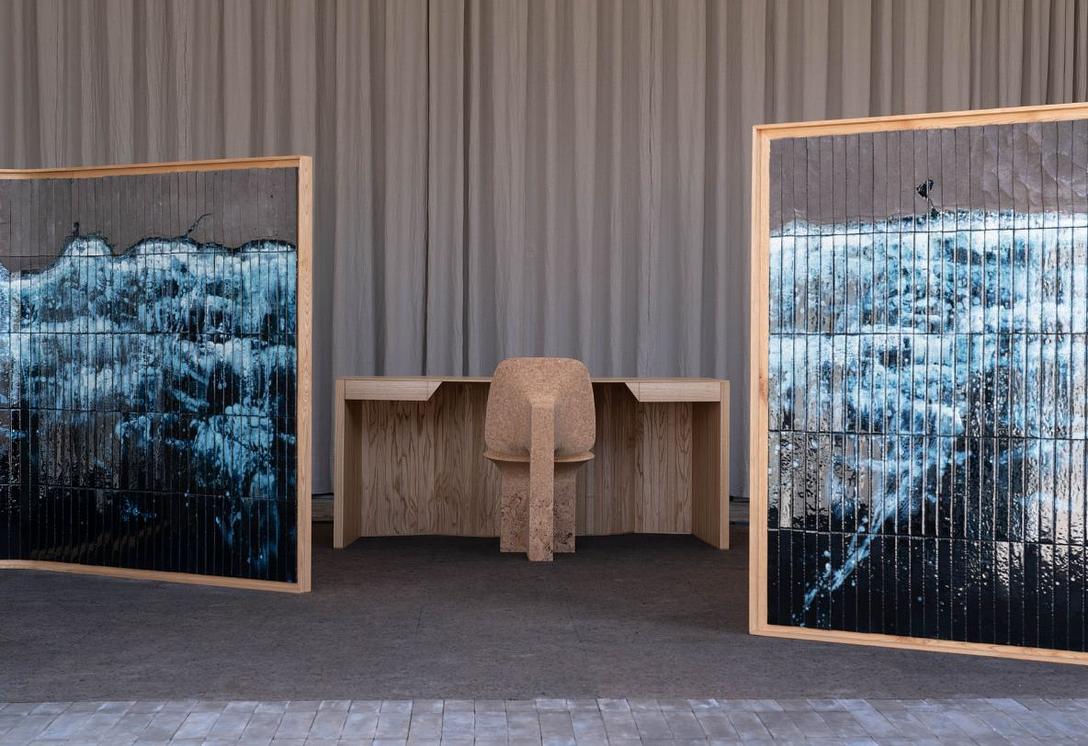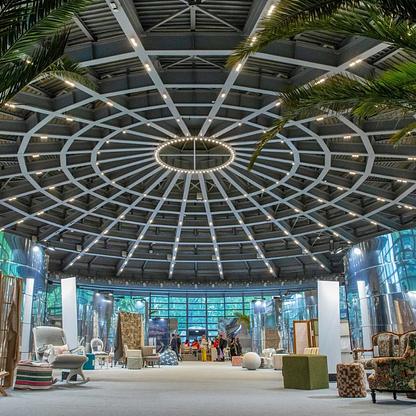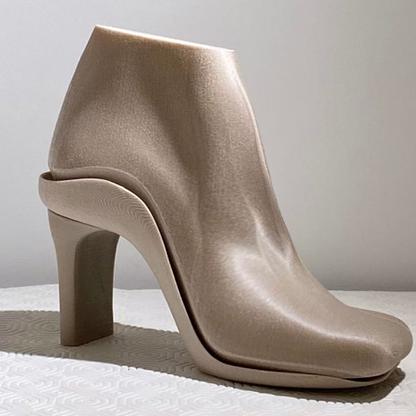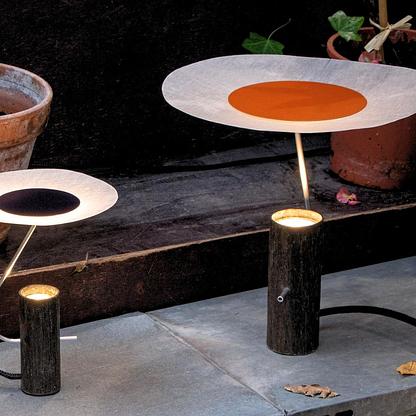Linen and design, the key to new applications
January 18, 2024
- Linen
- Home
The Alliance for European Flax-Linen & Hemp is committed to a young generation of designers and supports the most creative projects, revisiting the uses of flax and imagining new applications for this plant fibre which is gradually making its mark in the world of design and decoration.
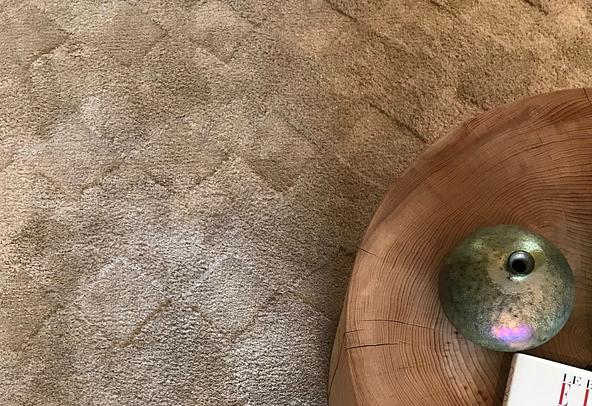
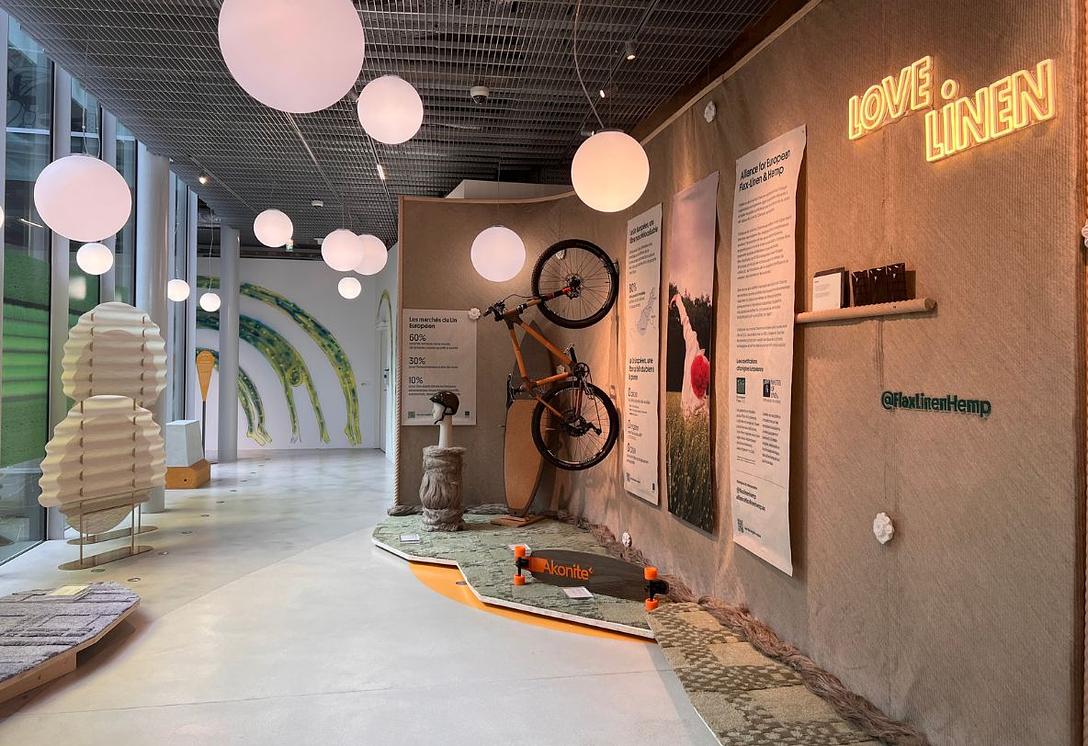
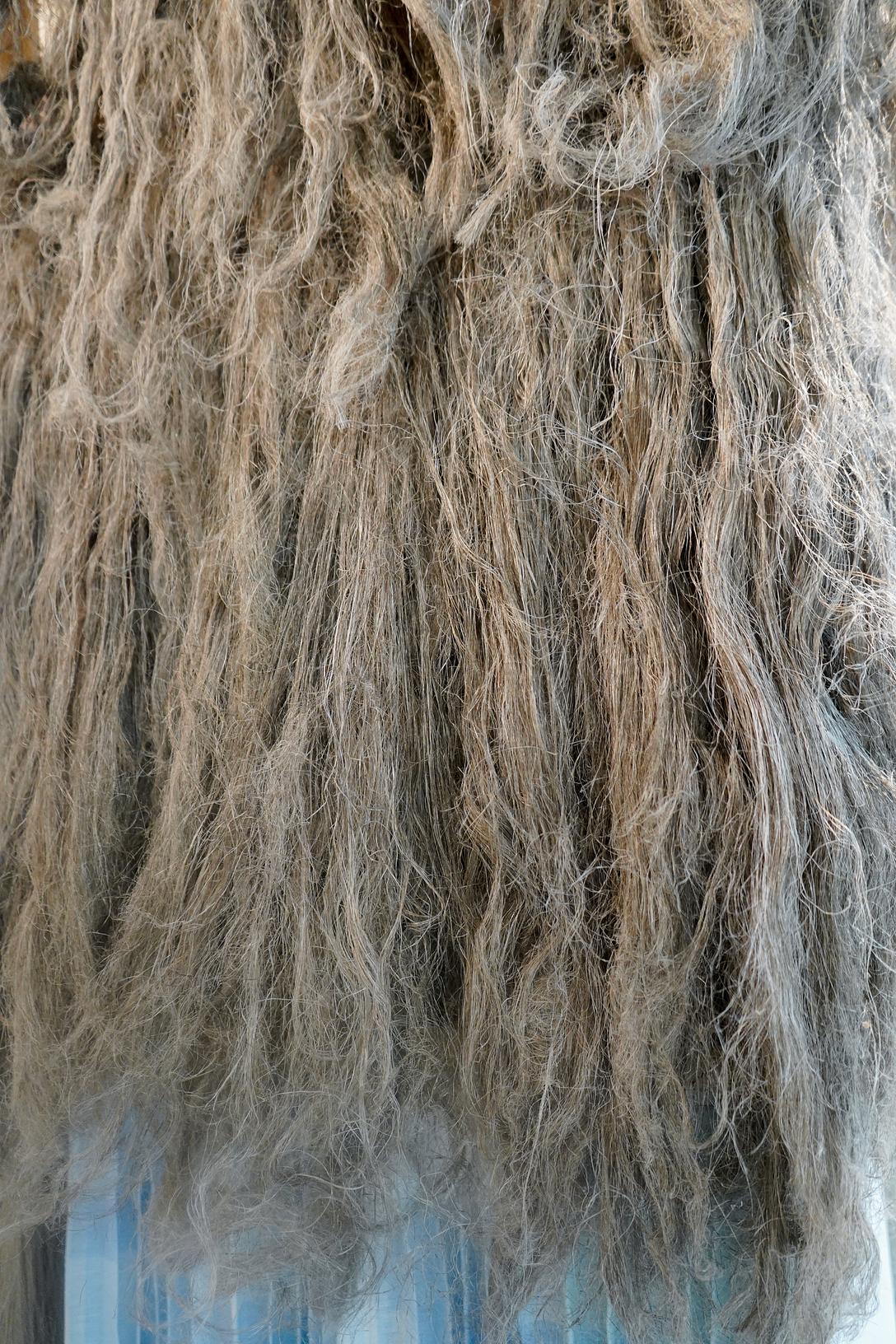
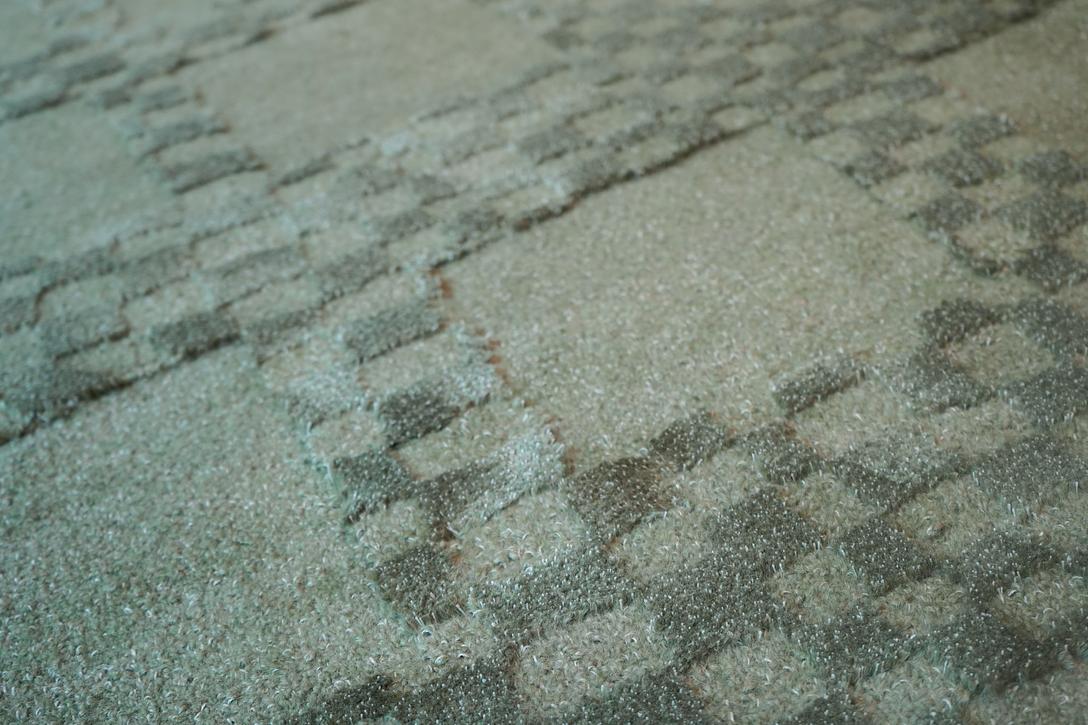.jpg)
